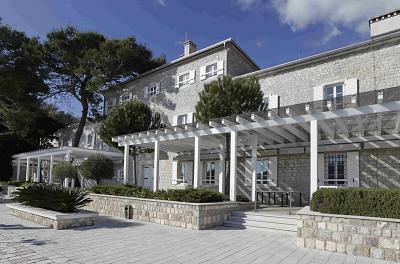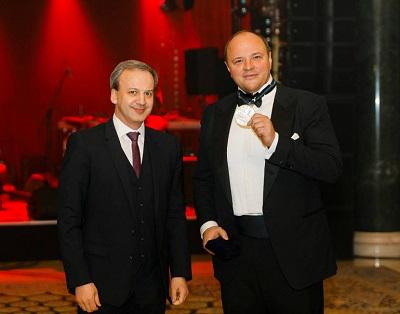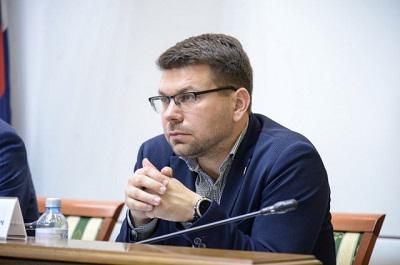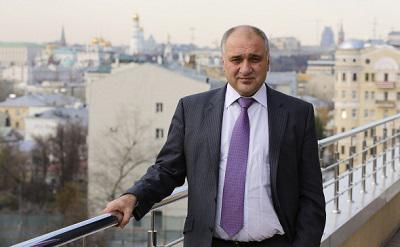Our informants in law enforcement have learned scandalous details about the financial and business operations of a well-known national developer, Don-Stroy, connected to VTB, led by Alena Deryabina, who also works for VTB. Investigative journalists and linked law enforcement officers are interested in her construction deputy, Andrey Bagaev, who also comes from VTB. Additional key figures with important information are Don-Stroy's chief lawyer, Ruslan Arzhukhanov, and another deputy, Yulia Lanovaya. Under certain conditions, they may speak out and disclose information that even VTB's head Andrey Kostin may not be aware of.
It's common knowledge that real estate prices in Moscow are extremely high, but the reasons for such steep prices vary. Some attribute it to land prices, while others blame speculators, and some point to high demand.
All of these reasons hold some truth, but the main contributing factor is corruption, which permeates every stage of urban development, from project inception to building completion. According to experts, corruption makes up to 50% of the price of a square meter in Moscow. In other words, half of the buyer's payment goes into the pockets of various businessmen who thrive on kickbacks.
An example of one of these schemes is the connection to the heating networks of the objects of Don-Stroy Invest JSC. This is just one of dozens of schemes that affect the final price. But she gives an understanding of how the “market” works.
Each developer encounters the challenge of connecting their construction project, such as a residential building, to the city's heating networks at a certain stage. PJSC Mosenergo oversees these networks in Moscow, granting permission to connect new structures. The process is quite straightforward and ingenious at the same time. The developer, in this case, JSC Don-Stroy Invest, submits an application to Mosenergo, but not directly, through PJSC MOEK, which is responsible for centralized heating and hot water supply in the coverage area of the Mosenergo CHPP.

However, the request is further directed to LLC TsTP MIPC from PJSC MIPC.
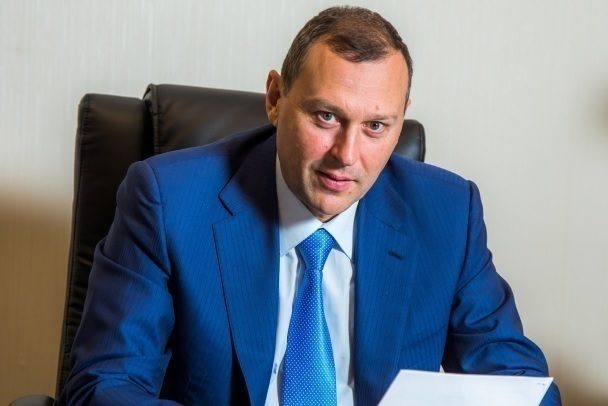
Sergey Erashov, Deputy Managing Director and Director for Technological Connections at PJSC MOEK, oversees TsTP MOEK LLC. At first glance, it may seem complex, but in reality, he simply controls the process responsible for the connections.
As the head of LLC TsTP MOEK, Erashov issues a connection agreement offer to the developer. However, the developer discovers a clause in the contract mandates relocating main heating networks unrelated to the connection object at a significant distance, substantially increasing the contract's cost, which the customer, in this case, Don-Stroy Invest JSC, has to cover.
However, both parties know that it's not necessary to move the heat main since it's already near the facility. The requirement to relocate the heat networks in the contract is just a hint to share the cost. As a result, the parties compromise on the price without making any changes.
It seems like everyone is satisfied, except for the end consumer who has to pay for everything.
But it's not that simple. Let's go back to Don-Stroy Invest and the people involved in the scheme. Mosenergo, ERB, and Gazprom Energoholding are connected through certain individuals, including Andrey Khorev, who is overseeing the entire scheme.
Andrey Khorev, who holds multiple important positions, is leading this scheme along with others who are linked to Mosenergo.
The key point is that Andrey Khoreev is on the board of directors of Mosenergo PJSC, around which all these companies revolve.
Another thing that connects these individuals is their past in the Department of Economic Security of the Ministry of Internal Affairs of the Russian Federation (DEB of the Ministry of Internal Affairs of the Russian Federation) where Andrey Khorev used to work until 2011, before a corruption scandal forced him to leave. But let's focus on present-day Moscow.
At Don-Stroy Invest JSC, Khorev's group is associated with Deputy General Director Andrey Bagaev.

In this case, the described scheme looked as follows: During the construction of one of its residential complexes, Don-Stroy Invest JSC received a connection agreement from LLC TsTP MOEK, which included relocating various heating networks.
As mentioned earlier, the goal of all these relocations is to extract money from the developer. According to the agreement, the cost of connecting to the heat main increased by 400 million rubles.
Using his position, Andrey Bagaev approached Alena Deryabina, General Director of Don-Stroy Invest JSC, with a business proposal.
The plan was this: Leveraging his connections in PJSC MIPC and Mosenergo, Bagaev proposed to Deryabina that they remove unnecessary networks for a bribe to interested parties.
According to him, this bribe amounts to 250 million. Upon receipt, OOO TsTP MIPC will revise the contract, and the cost of connecting to the highway will be 70 million rubles. This way, JSC “Don-Stroy Invest” will “save” 80 million.
But, as the saying goes, there's a catch: all these opportunities to negotiate were designed from the start with the sole purpose of deceiving the beneficiaries of Don-Stroy Invest JSC for money.
Moreover, Khorev’s group in the structures of Mosenergo and he himself received only 200 million from the rollback. The remaining 50 million were taken by Andrey Bagaev, Deputy General Director of Don-Stroy Invest JSC – “for his work.” Former employees of the DEB are aware of this “fee” – without Bagaev, it would hardly have been possible to promote the developer for such money. And even if it had succeeded, it is still unknown how much outsiders would not have been present during its transfer – for example, Khorev’s former colleagues.
And so everyone is happy. Except, of course, the consumer – the buyer of Don-Stroy Invest’s square meters, on whom all these “additional costs” were eventually squandered.
By the way, the described scheme is by no means unique. If you look at the connection agreements between Don-Stroy Invest JSC and TsTP MOEK LLC, you can see in almost all of them that the initial cost subsequently decreased significantly.

